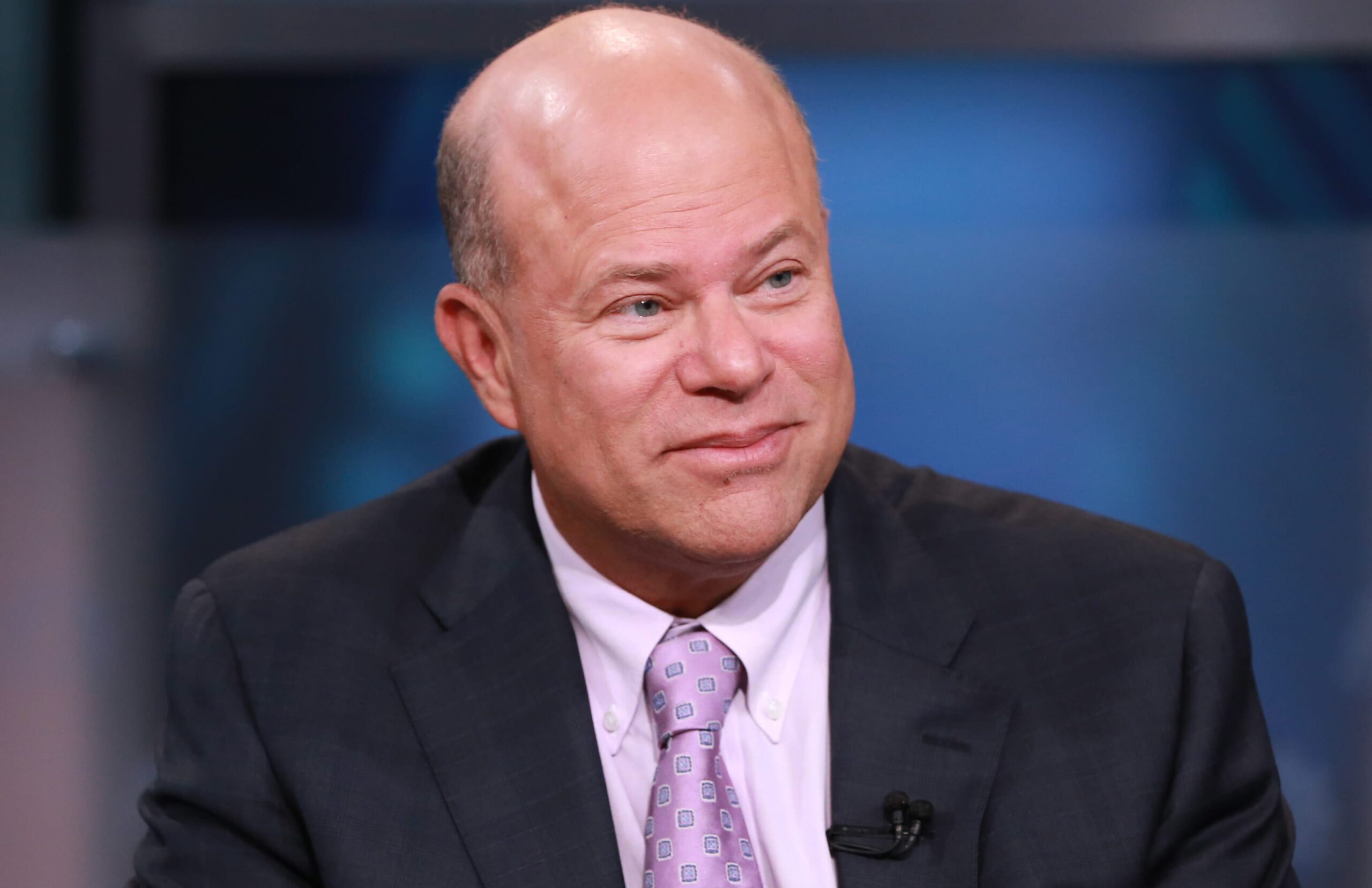SINGAPORE: Singapore faces greater money laundering and terrorism financing risks than other countries because it is an international finance and business hub, says Prime Minister Lawrence Wong.
“But we are determined to do what is needed to respond to these risks and safeguard Singapore’s reputation as a trusted financial centre,” said Wong,who is also Singapore’s finance minister, at a Financial Action Task Force (FATF) event.
FATF is a global money laundering and terrorism financing watchdog. Singapore currently holds a two-year FATF presidency until June 30.
Yesterday, Singapore published a national asset recovery strategy report as part of its efforts to enhance its anti-money laundering (AML) and terrorism financing framework.
“Asset recovery is one of the key priorities of our AML regime,” the home affairs ministry, the finance ministry and the central bank said in the 32-page report.
“We seek to deprive criminals of their illicit gains, thereby removing the financial incentive for laundering their monies in Singapore,” they said in the report.
“We also seek to provide recourse to victims of crime by helping them to recover property and assets lost to criminal activities,” they added.
Between January 2019 and June 2024, Singapore seized S$6bil linked to criminal and money laundering activities, according to the report.
Of that amount, S$416mil has been returned to the victims, and S$1bil was forfeited to the state, the report said, while the large bulk of the remainder is linked to ongoing investigations or court proceedings.
Last week, Singapore highlighted in a risk assessment report that its banking sector, including wealth management, posed the highest money laundering risk in the city-state.
Singapore last year busted a US$2.24bil money laundering ring run by foreigners, with the last of 10 offenders sentenced on June 10.
Those involved had held money in bank accounts in Singapore and converted some into real estate, cars, handbags and jewellery. — Reuters

